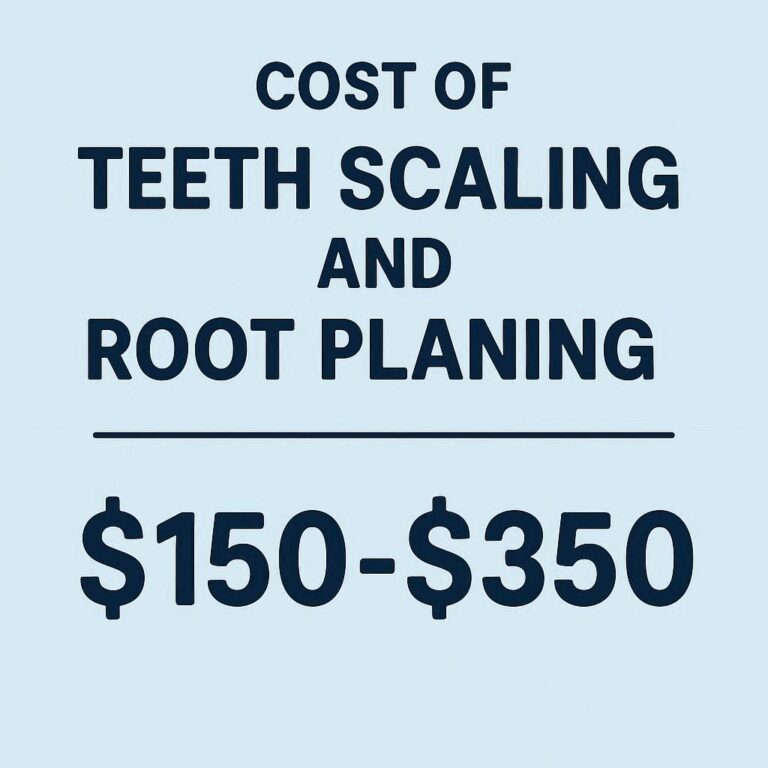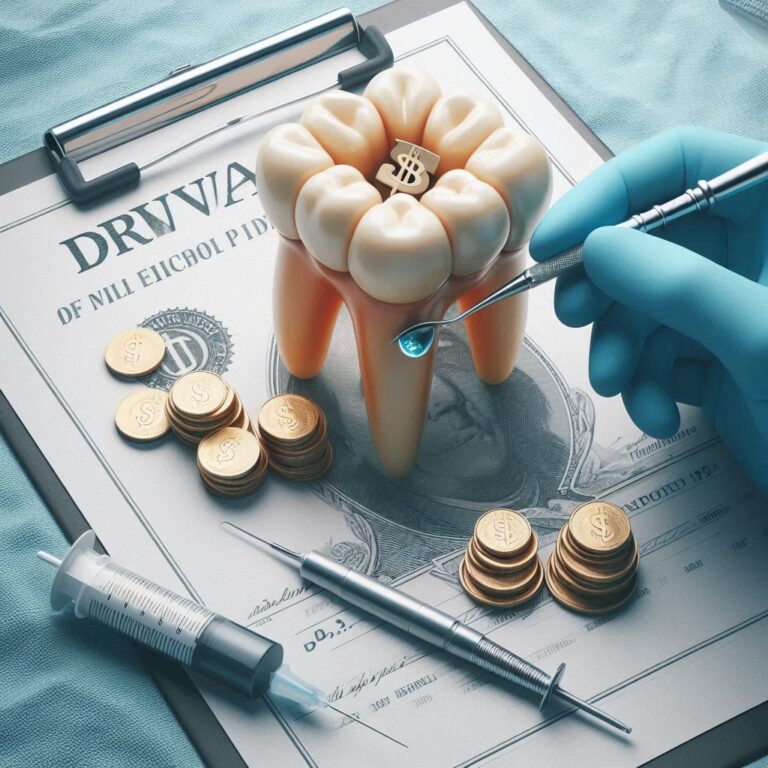Root Canal Price Without Insurance: A Comprehensive Guide to Costs, Factors, and Alternatives
A root canal is a common dental procedure that can save a severely infected or decayed tooth. However, for those without insurance, the cost can be a major concern. The price of a root canal without insurance typically ranges from 700 to 1,500 per tooth, depending on various factors such as tooth location, dentist expertise, and geographic location.
This guide provides an in-depth look at root canal costs, ways to save money, and alternative treatment options. Whether you’re facing an urgent dental issue or planning for future care, understanding these expenses can help you make informed financial decisions.

2. What Is a Root Canal?
A root canal is a dental procedure designed to remove infected or damaged pulp from inside a tooth, clean and disinfect the root canals, and seal the tooth to prevent further infection. The process involves:
-
Diagnosis & X-rays – Identifying the extent of decay or infection.
-
Anesthesia – Numbing the area for a pain-free experience.
-
Pulp Removal – Extracting infected tissue from the tooth.
-
Cleaning & Shaping – Disinfecting the root canals.
-
Filling & Sealing – Using a biocompatible material (gutta-percha) to fill the canals.
-
Restoration – Placing a crown or filling to protect the tooth.
Contrary to popular belief, modern root canals are relatively painless due to advanced anesthesia and techniques.
3. Why Are Root Canals Necessary?
Without treatment, an infected tooth can lead to:
-
Severe pain and swelling
-
Tooth loss
-
Bone deterioration
-
Spread of infection to other teeth or bloodstream
A root canal preserves the natural tooth, preventing the need for extraction and more expensive replacements like implants or bridges.
4. Average Cost of a Root Canal Without Insurance
The cost varies based on the tooth’s location:
| Tooth Type | Average Cost (Per Tooth) |
|---|---|
| Front Tooth (Incisor) | 700−1,000 |
| Premolar (Bicuspid) | 800−1,200 |
| Molar | 1,000−1,500 |
Additional costs may include:
-
Dental crown (500−2,500)
-
X-rays (100−250)
-
Consultation fees (50−200)
5. Factors Affecting Root Canal Costs
A. Tooth Complexity
Molars have multiple roots, making the procedure more complex and expensive.
B. Dentist’s Experience
Endodontists (root canal specialists) charge more than general dentists.
C. Geographic Location
Urban areas tend to have higher prices than rural clinics.
D. Additional Procedures
-
Crown placement may be necessary for weakened teeth.
-
Retreatment (if the first root canal fails) costs 1,000−2,000.
6. Root Canal vs. Tooth Extraction: Which Is Cheaper?
While extraction is cheaper (75−300), it leads to long-term costs:
-
Dental implant (3,000−6,000)
-
Bridge (2,000−5,000)
A root canal is often the more cost-effective choice in the long run.
7. Ways to Reduce Root Canal Costs Without Insurance
A. Dental Schools
Students perform procedures at 50-70% lower costs under supervision.
B. Payment Plans
Many dentists offer monthly installment plans.
C. Discount Dental Plans
Members pay an annual fee (100−200) for 20-60% discounts on procedures.
D. Government & Nonprofit Programs
-
Medicaid (for eligible low-income patients)
-
CHIP (for children)
-
Local health departments
8. Traveling Abroad for Affordable Root Canals
Countries like Mexico, Costa Rica, and India offer root canals at 50-80% lower prices. However, consider:
-
Travel expenses
-
Quality standards
-
Follow-up care
9. Risks of Delaying a Root Canal
Ignoring an infected tooth can lead to:
-
Abscess formation
-
Systemic infections (sepsis)
-
Higher treatment costs later
10. How to Find an Affordable Dentist
-
Compare quotes from multiple dentists.
-
Check online reviews for affordable yet reputable providers.
-
Ask about cash discounts (some offer 5-10% off for upfront payments).
11. Frequently Asked Questions (FAQs)
Q1: Can I negotiate the price of a root canal?
Yes, many dentists are open to payment plans or discounts for uninsured patients.
Q2: Are there any risks with low-cost root canals?
Choosing inexperienced providers may lead to complications. Always verify credentials.
Q3: How long does a root canal last?
With proper care, a root canal can last a lifetime, though crowns may need replacement after 10-15 years.
12. Conclusion
A root canal without insurance can cost 700 to 1,500, but options like dental schools, discount plans, and financing can make it affordable. Delaying treatment risks severe complications, so exploring cost-saving strategies is crucial. By comparing providers and seeking assistance programs, patients can receive necessary care without financial strain.
13. Additional Resources
-
American Dental Association (ADA) – Official dental care guidelines.
-
NeedyMeds – Discounted medication and dental programs.
-
Health Resources & Services Administration (HRSA) – Federally funded low-cost clinics.


